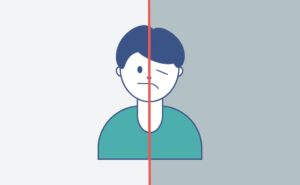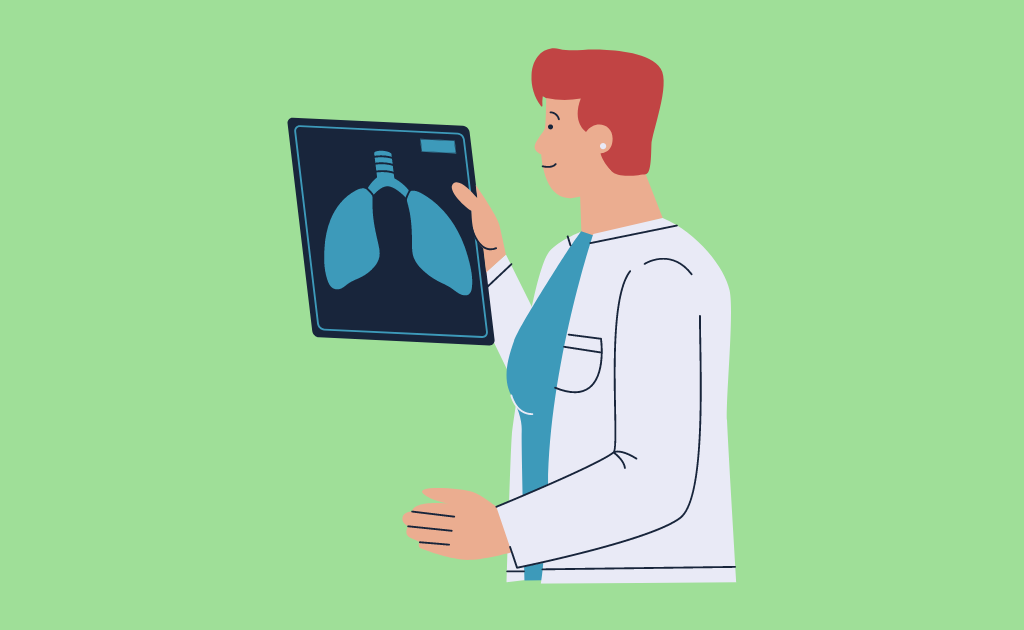
- 0508 966 622
- help@zoompharmacy.co.nz
- Mon - Fri: 8:30 - 16:00
Cancer is a particularly frightening disease that has impacted many of our lives, directly or indirectly. Some of the risk factors are well known, while others are just being examined now. In recent analysis of middle-aged to older Americans the link between diet and cancer risk was investigated, and the results were significant. The level of saturated fats in your diet may have a strong affect on your risk of developing lung cancer, even for non-smokers.

Lung cancer is one of the most common cancers in New Zealand and can affect anyone. There are two types of primary lung cancer (cancer starting in the lungs), these are small cell lung cancer (SCLC) and non-small cell lung cancer (NSCLC).
Lung cancer’s primary risk factor is tobacco smoking, however around 15% of people with lung cancer are lifetime non-smokers. Therefore, there are multiple other factors that may be involved in lung cancer development and progression. This may include risk factors like genetics, aging, obesity, pollutants, occupation, and diet.
The data for this recent study came from over 98,000 people taking part in a US cancer screening trial over the age of 55 years old (mean age of 65.5 years old). Participants medical histories were collected along with information on their diet.
Researchers examined the relationship between the low-fat diet (LFD) scores of participants and cancer incidence, staging and type. They found a significant positive association between saturated fatty acids (SFA) intake and the risks of lung cancer. People with diets high in SFA had a 35% increased risk of general lung cancer, and a 105% increased risk of SCLC.
People with the lowest amount of fat in their diets were found to have a 24% lower risk of lung cancer. This even more significant for current and former smokers with the lowest-fat diets with a 29% reduction in risk of lung cancer.
The study generally defines a low-fat diet (LFD) as a dietary pattern that restricts dietary fat intake to less than 30% of total daily caloric intake. Low-fat diets typically involve lowering your overall intake of fat, especially saturated fats, and ensuring that what fats you do eat are high-quality unsaturated fats.
Identifying the symptoms of lung cancer can be difficult. Many of them are similar to other common illnesses. Symptoms can vary between people and many don’t have noticeable symptoms in early stages of the disease. Symptoms of lung cancer may include:
If you are experiencing any of these symptoms or are concerned about lung cancer you should see your GP.
Reference:
Peng L, Du Q, Xiang L, Gu H, Luo H, Xu Z, He H, Xia B, Zhou Z, Wang Y, Chen Y. Adherence to the low-fat diet pattern reduces the risk of lung cancer in American adults aged 55 years and above: a prospective cohort study. J Nutr Health Aging. 2024 Apr 24;28(7):100240. doi: 10.1016/j.jnha.2024.100240. Epub ahead of print. PMID: 38663125. [View Here]